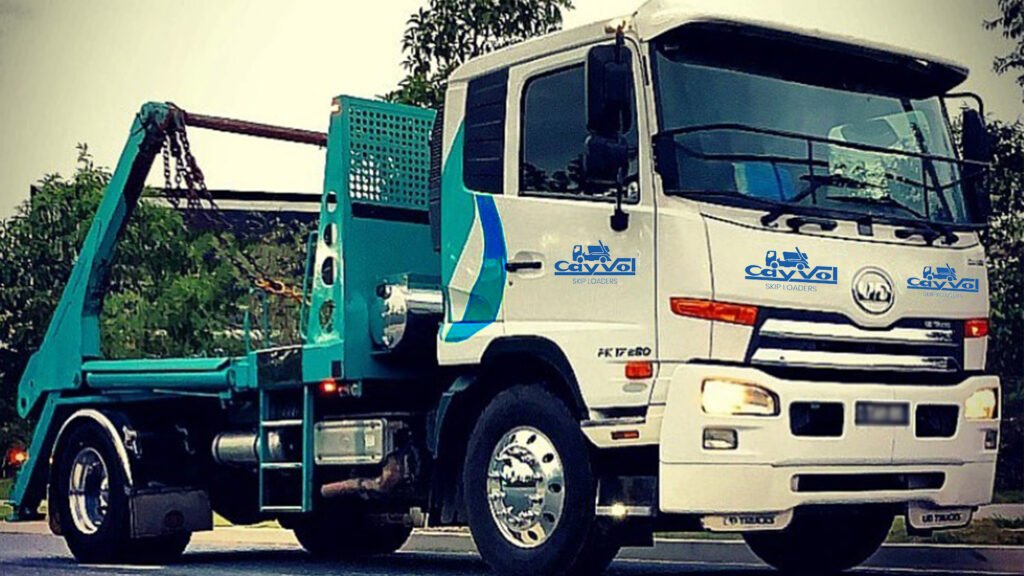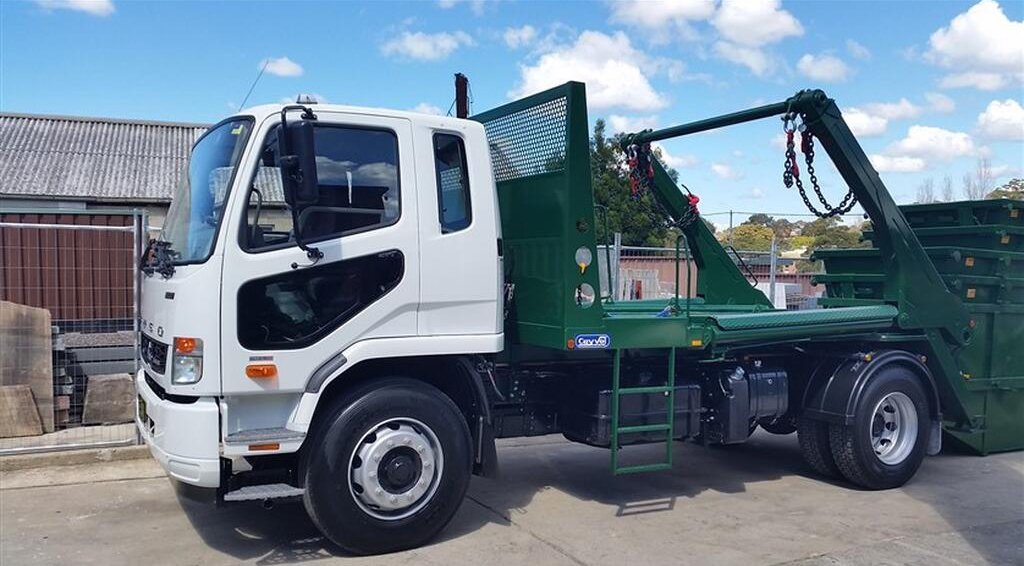Introduction: Construction projects are intricate ballets of machinery, materials, and manpower, and one critical dance partner often overlooked is the humble skip bin loader.
Today, we explore the transformative potential of a Smart Load Management System, a technological leap forward that ensures the stability and safety of the skip’s load during transportation and unloading.
1. The Weighty Issue: Construction sites often grapple with the challenge of transporting varying materials in skips while maintaining stability.
The traditional approach involves guesswork or manual calculations, leading to potential safety hazards and inefficiencies.
The Smart Load Management System steps in to address this weighty issue.

2. Intelligent Load Distribution: At the heart of this innovation is an intelligent load distribution algorithm.
The system analyzes the weight of materials as they are loaded into the skip, taking into account their placement and distribution.
This real-time data is then used to optimize the arrangement of materials, ensuring a well-balanced load.
3. Enhanced Stability During Transportation: A well-balanced load translates into enhanced stability during transportation.
The Smart Load Management System minimizes the risk of tilting, swaying, or other instability issues that can arise during transit.
This not only improves the safety of the operator but also protects the surrounding environment and infrastructure.

4. Real-Time Monitoring and Adjustments: The beauty of this system lies in its ability to monitor the load continuously.
If any discrepancies or imbalances are detected during transit, the system can make real-time adjustments to the load distribution.
This ensures that the skip bin loader remains stable and secure throughout the journey.
5. Safety First: Safety is paramount in the construction industry, and the Smart Load Management System reinforces this commitment.
By preventing overloading and maintaining stability, the risk of accidents, injuries, and property damage is significantly reduced.
Construction sites adopting this technology prioritize the well-being of their team and the success of their projects.
6. Operational Efficiency: Beyond safety, the system contributes to operational efficiency.
With a well-managed load, skip bin loaders can operate more smoothly, reducing downtime associated with load adjustments and mitigating the need for corrective actions at the disposal site.
This efficiency boost translates to time and cost savings for construction projects.

Conclusion: In the ever-evolving landscape of construction technology, the Smart Load Management System stands out as a game-changer.
By intelligently managing the weight distribution in skips, it not only ensures the stability and safety of the load but also elevates the efficiency of construction operations.
As the industry embraces innovations like these, we can look forward to safer, smarter, and more successful construction projects in the future.
The Smart Load Management System is, quite literally, lifting the construction industry to new heights.
